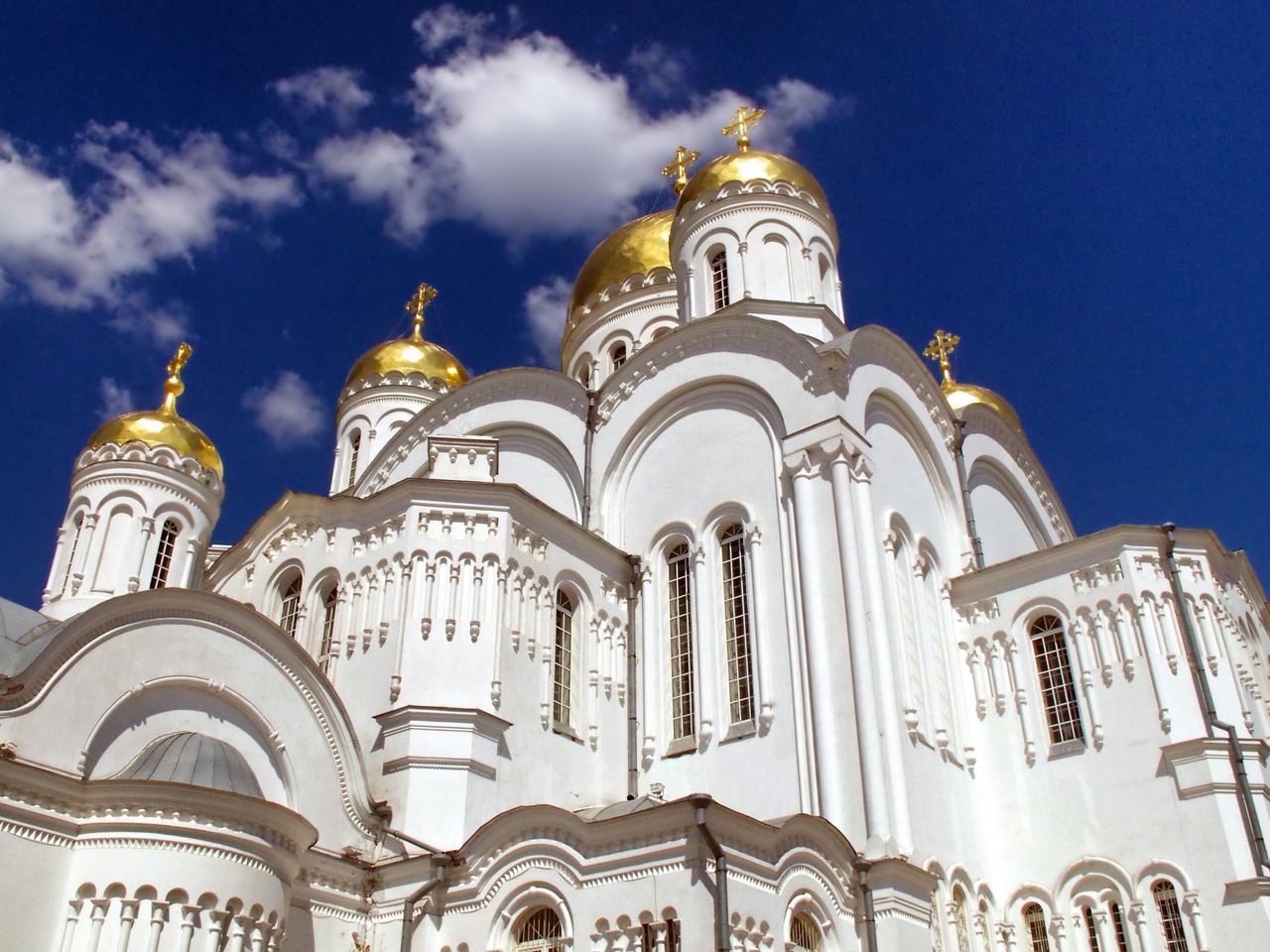Religion in Russia is a vast and multifaceted phenomenon, shaped by centuries of history and the coexistence of many peoples. Across its immense lands, different faiths and traditions have taken root, creating a unique spiritual landscape. Religions in Russia are not only about belief in God or gods, but also about culture, customs, and ways of thinking that have guided people’s lives for generations.
Orthodoxy became the leading confession of the country, deeply woven into its history, literature, art, and everyday life. For many Russians, it is not only a religion but also part of a cultural code, a symbol of tradition and spiritual continuity. At the same time, Russia has long been home to Islam, Judaism, Buddhism, and many other faiths, each of which has left and continues to leave its mark.
Islam holds a special place in the religious life of the country. Millions of Muslims live in the North Caucasus, Tatarstan, Bashkortostan, and other regions. Their faith and traditions not only coexist with Orthodoxy but have also formed a centuries-long dialogue with it—sometimes challenging, but often enriching for both sides.
Buddhism, the most ancient of the world’s religions, is also part of Russia’s spiritual mosaic. It is practiced in Buryatia, Kalmykia, and Tuva, where temples and monasteries serve not only as places of worship but also as guardians of unique cultures that intertwine steppe traditions with the philosophical depth of the East.
Judaism, despite historical hardships, has preserved its roots in Russia. Jewish communities have existed here for centuries, and their contribution to science, art, and culture is immeasurable.
Alongside world religions, traditional beliefs of the indigenous peoples of the North, Siberia, and the Far East are still alive. Shamanic practices, the cult of nature, and reverence for ancestral spirits remind us that humanity has always been part of a vast, living universe.
The religious diversity of Russia is not only coexistence but also a challenge. It requires respect, dialogue, and tolerance. Where people learn to see not an enemy but a neighbor in others, true harmony is born.
Today, in the 21st century, religions in Russia continue to play an important role. They help people seek meaning, preserve cultural roots, strengthen communities, and find support in difficult times. This living heritage teaches us that the wealth of a country is measured not only by its land and resources but also by its spiritual diversity, which has the power to unite people in the pursuit of peace and goodness.
